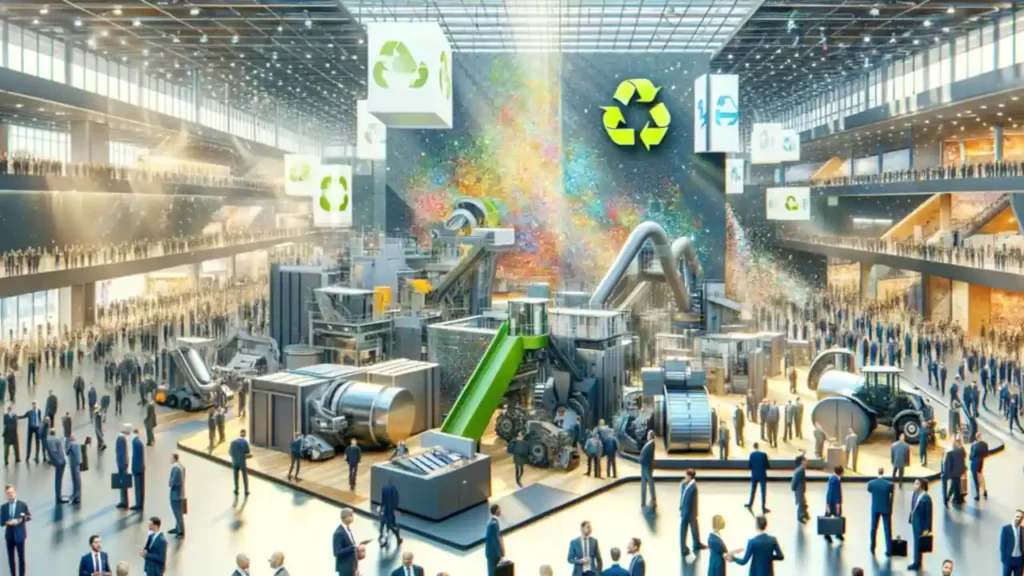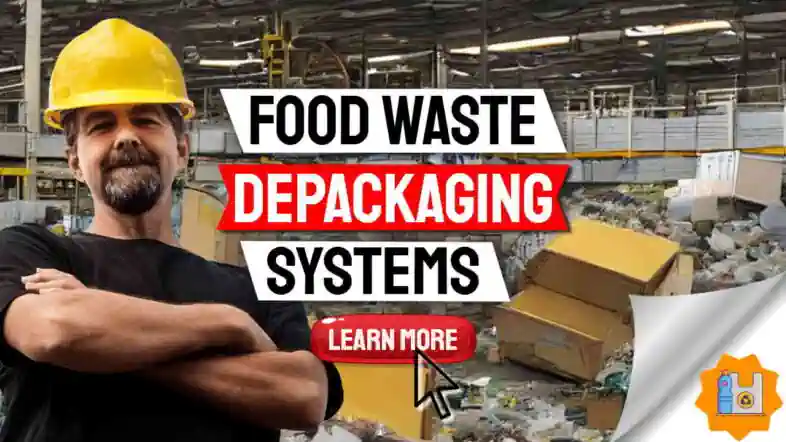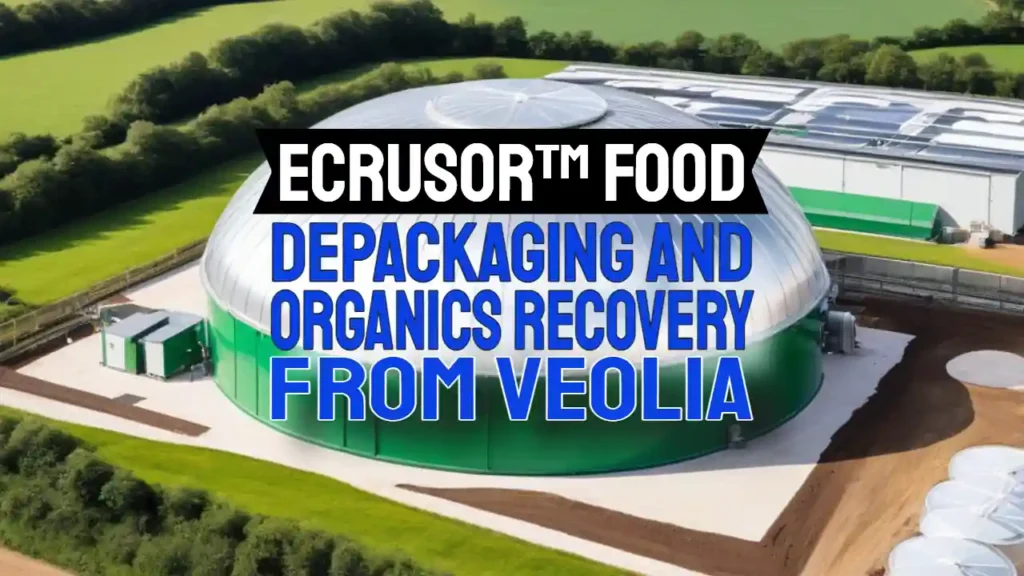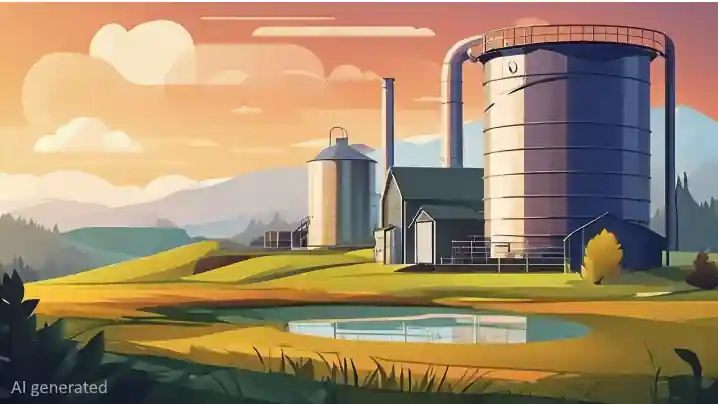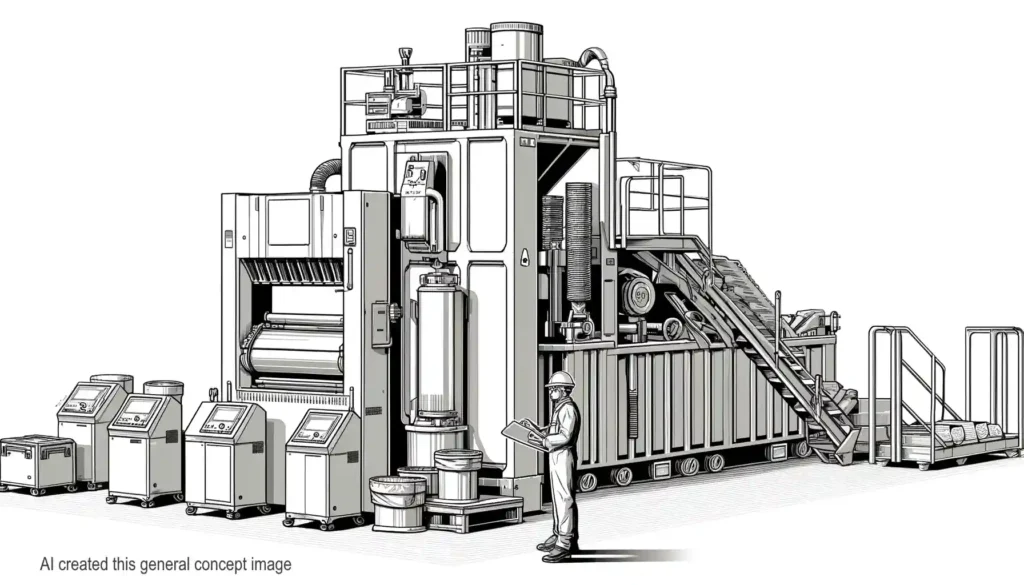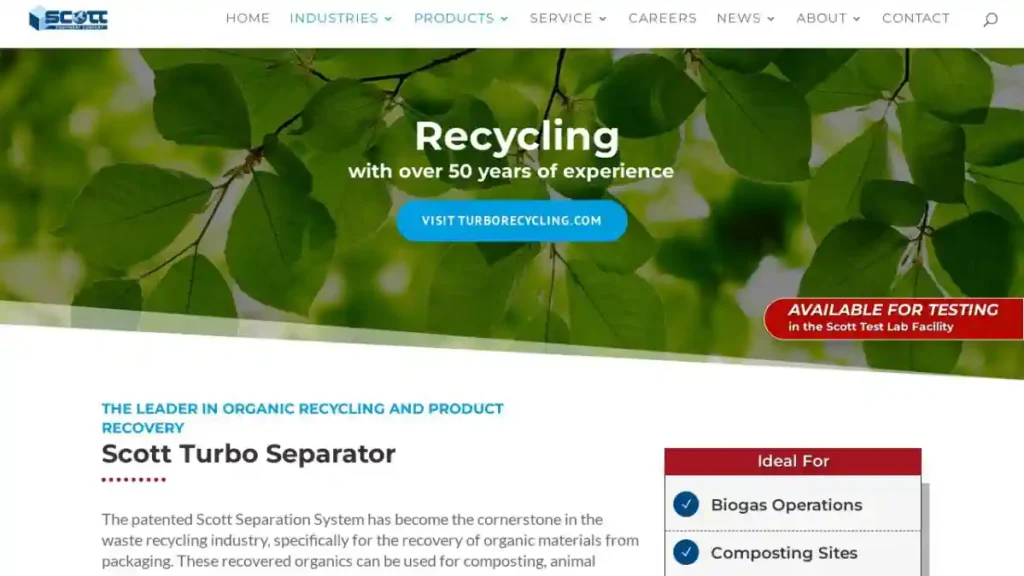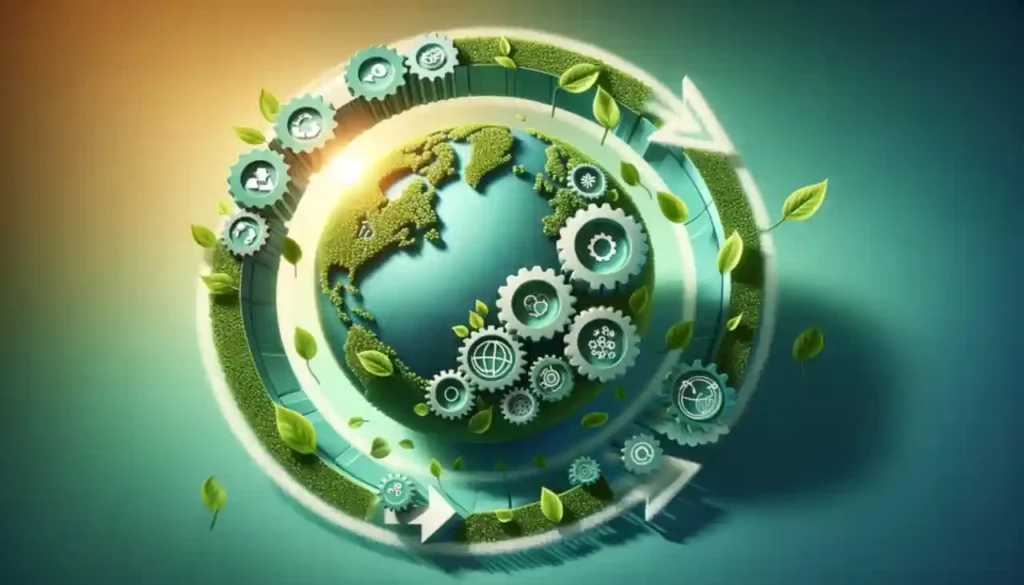ANIMAL FEED AND BIOFUEL. At least once a year, we are approached by entrepreneurs who conceive a system for converting garbage into animal feed. The garbage in question is frequently restaurant waste, although it may also…

The following is curated from their website. It is a thoroughly negative view on the possibility of making a profit from using a filter press to dewater organic waste. As in the excerpt below:
“Invariably these projects collapse under harsh realities.
The request is frequently made for a screw press that will dewater the waste to some unrealistically low percent moisture, like 50% or less. In reality, garbage is 85% to 95% moisture, and, after pressing, the press cake will still have over 80% moisture content. At that point there is no more free liquid to squeeze out of it.”
Plus:
None of this seems to faze our would-be garbage millionaires. What should bring them down to earth are two facts: (1) the opportunity they see has been obvious in America for at least a century, and no one has made a go of it, and (2) nobody has made a go of this business potential in third world countries where labor is cheaper, farmers are less picky, feed is more expensive, and businesses are less encumbered by environmental regulations.
November, 2010. More recently garbage inquiries have focused on biofuel applications. A key bit of logic is as follows: before something can be burned, all the water must first be removed. In this water evaporation process, a point is reached at which there is only 10% moisture left. If we freeze the system at that point, an analysis of value will show that the material at 10% moisture has greater market value as animal feed than it does as boiler fuel. The only exception we have found to this is in Europe where use of biofuel is being mandated by government regulations. Pity their taxpayers.
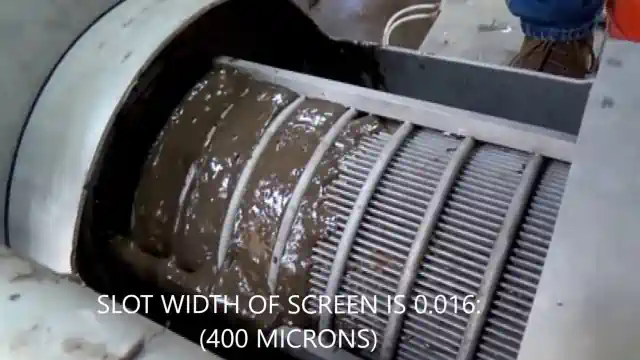
Pros
Well-established company that has been manufacturing its equipment for many years.
Cons
Not necessarily fully up to date with the current opportunities for profit from organic waste processing as the food waste sector grows in response to net-zero 2050 climate change abatement targets.
It is not clear how the equipment opens the packages or cleans off the organic content to make the output suitably clean to recycle the reject stream.
TAGS: VINCENT CORP FOOD WASTE DEPACKAGER, VINCENT CORP GARBAGE DEPACKAGER
Discover more from IPPTS Depackaging Equipment Insights
Subscribe to get the latest posts sent to your email.


